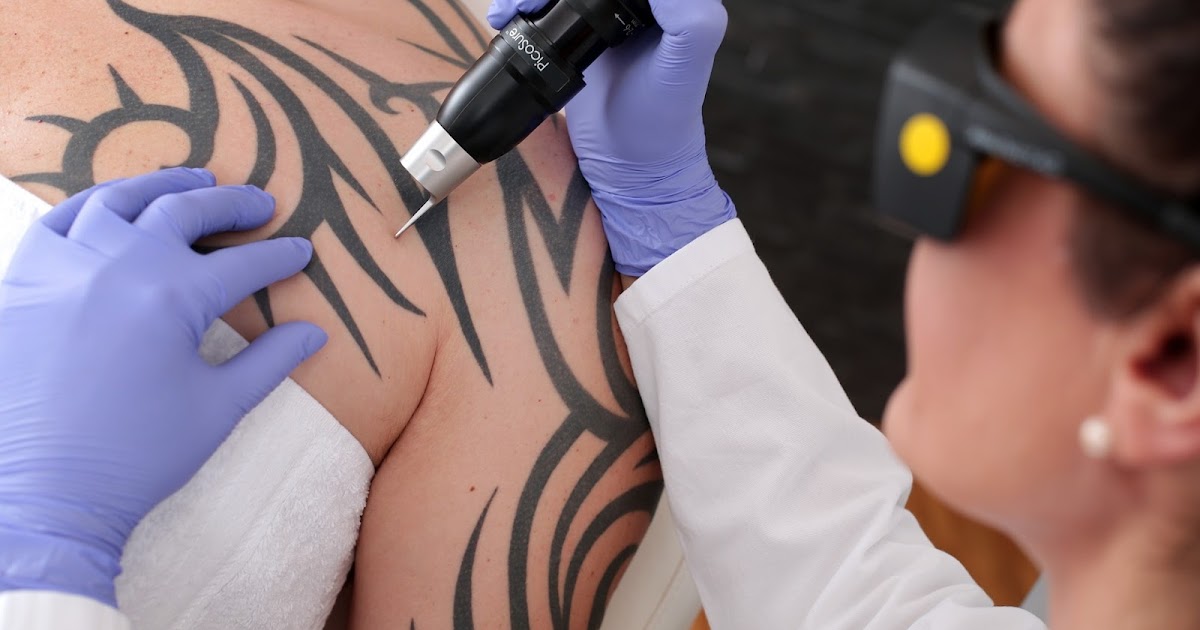Tattoo removal has become increasingly popular as more people seek to undo their body art. However, a common question that arises is, “How long does it take to remove a tattoo?” While there is no one-size-fits-all answer, the timeline for tattoo removal depends on several factors.
Here’s the truth behind tattoo removal and the surprising elements that influence how long it will take.
Table of Contents
Toggle1. Tattoo Size and Complexity Matter
The size of the tattoo plays a significant role in the removal process. Small tattoos will generally take less time to remove, while larger tattoos require more sessions. Intricate tattoos with heavy shading or multiple colors can be more challenging and take longer to erase than simpler designs.
2. Laser Removal: The Most Common Method
Most tattoos are removed using laser treatments. The process involves using concentrated light beams to break down the ink particles in the skin. Typically, this process requires multiple sessions spaced about 6-8 weeks apart to allow the skin to heal and to ensure maximum ink breakdown.

Average Timeline for Laser Tattoo Removal:
- Small Tattoos: Approximately 6-10 sessions.
- Medium Tattoos: Around 8-12 sessions.
- Large Tattoos: It could take 12-20 sessions or more.
3. Skin Type and Tattoo Location
Your skin type and the area of your body where the tattoo is located can impact how quickly the tattoo fades. Areas with thinner skin (like the wrists or ankles) may experience faster removal than those with thicker skin (such as the back or stomach). Additionally, people with lighter skin tones often have quicker results compared to those with darker skin tones, as the laser can more easily target the ink.
4. Ink Color Matters
The color of the ink can also affect removal time. Dark colors like black and dark blue tend to respond more quickly to laser treatment. On the other hand, lighter colors such as green, yellow, and purple are more challenging to remove and may require more sessions for complete fading.
5. Aftercare and Healing Time
After each session, your skin will need time to heal. The healing process can take a few weeks, during which you should follow proper aftercare instructions to avoid scarring and ensure optimal results. The time between sessions also contributes to the overall timeline of tattoo removal.

6. Professional vs. At-Home Methods
While professional tattoo removal through lasers is the most effective and safest method, there are at-home solutions, such as creams and dermabrasion. However, these methods are usually far less effective, often requiring much more time and yielding limited results.
Conclusion: Patience is Key
Tattoo removal is a gradual process that requires patience. While it’s possible to remove a tattoo, the time it takes can vary based on several factors, including the size, complexity, color, and your skin’s response. In most cases, it can take anywhere from several months to a few years to completely remove a tattoo. Understanding these factors and working with a professional can help you achieve the best results.
For more information on tattoo removal, please visit our website, tattooculturecollective.com



